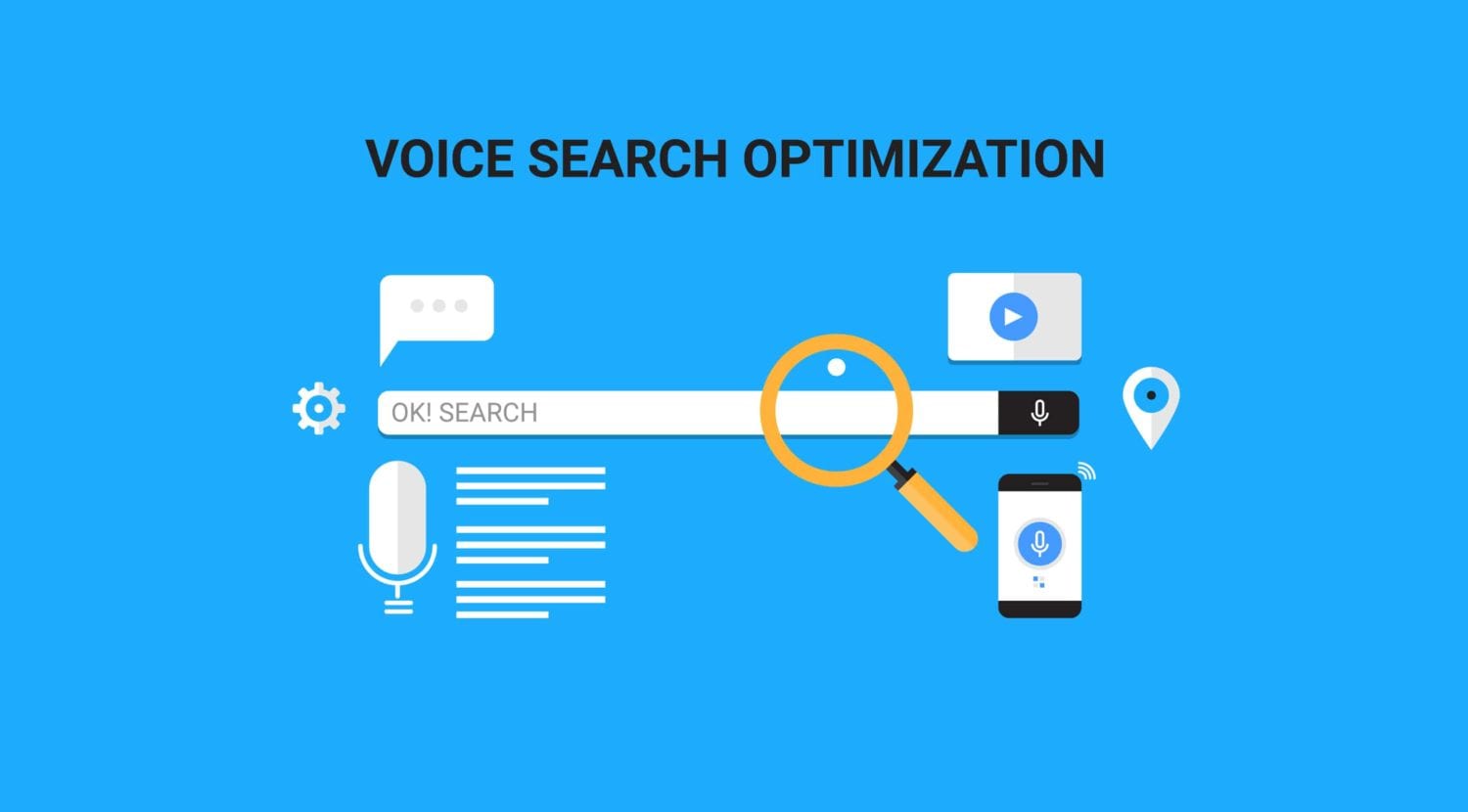
Return on Investment
Getting a return on your investment is a simple requirement that has existed since the dawn of business. If you want to succeed, the investments you make must provide a decent return. From there it can branch into hundreds of different directions, as the path to reach that goal varies. Whether it is purchasing a new lawnmower or building a new pavilion, the first question to ask is how your business will benefit.
In the case of a new pavilion, you might encourage more families to stay with you. This addition would lead to an increase in camper nights as well as overall revenue. In the case of a lawnmower, this could allow you to spend more time greeting your guests or planning activities. That may lead to better online reviews, followed by more camper nights and increased revenue.
When it comes to websites, few campground owners understand how they will get a return on their investment. There are the usual suspects, such as adding online reservation capabilities or increasing your search engine presence. These require no creative thinking, though, and any website designer who has designed anything can cite these simple truths.
The Easiest Way
We should discuss that simple truth, though, as many campground owners have little to no experience in this area. When you budget for a new website, you will get quotes that range anywhere from $2,000 up to $8,000. This price range is the comfort zone you should remain inside when figuring out what it will cost you. Lower prices are out there, but you must stop and consider what kind of design and customer service those lower prices will get you. Likewise, higher prices are out there, but too high is just throwing money away at some point.
Now that you have a final price, whatever that may be, you can begin to calculate your return on investment. A few things come into play here, especially as a campground owner. Did you have an online reservation system before now, or are you coming from a handwritten system? The latter will give you a greater return on investment simply because there were no online reservations before.
How about a search engine presence? Is this your first website or is this a redesign of an old website? Gauging how you appear in search results before launching a new website is also a key factor in determining your return on investment. If you had no website before, there is nowhere to go but up and it’s easier to make a return. If this is a redesign, then you must take into account how your search results looked on the old website and how much traffic you were getting. When the new site launches, it will either go up or go down.
A Deeper Look Into The Easiest Way
There is no shortage of website designers that you can find in your local area. You could even use one of those simple automated solutions that you saw on television right? How hard could it be to drag and drop some boxes around so you can save several thousand dollars? This quick fix is a temptation many campground owners face. When you aren’t familiar with something, it is easy to skip over all the possible options and just decide that cheaper is better. Is it really, though?
Does the $10 toaster at the national discount store provide a better ROI than the $40 toaster made locally? If your goal is simply to make toast, the answer is yes. If your goal is to provide a good experience for the people eating that toast, while not burning every other slice and spending more on bread, the $40 toaster provides a better ROI.
It is easy to compare website design to the $10 toaster, especially if you come from a different industry and have very little knowledge of website design. Ask questions about the toaster, though. Consider the long-term ramifications, and the ROI gets a harder to see. How much will the cheaper website be optimized for search? Will it be responsive and accessible from mobile phones? Is there anyone I can call if I have questions? Will I be able to make changes if I don’t like the design? How much will I be charged for updates, new pages or revisions? Can I even get ahold of someone once I have paid for everything?
Creative Thinking Pays For Your Website
Take the time to figure out your possible return on investment, and then budgeting for a website based on that. It is the easiest way to not worry about how much it costs. Ask all of those questions before you decide which path to take. It will give you a good idea if you are going to lose money on a website investment or generate new revenue from it. Having worked with well over 100 different campground owners, I have yet to run into a single one who could not increase their business with a well-designed website.
Let’s take the antagonist viewpoint for a second. You already have a fantastic website and every single one of your campers books with an online reservation. You appear first in search results for every single keyword you can type into Google and not a day goes by where someone doesn’t compliment your excellent website. After you had launched this new website two years ago, your profits skyrocketed, and people fly in from the other side of the world just to stay at your campground. Could it be even better, though?
This situation is where paying the extra money for that fantastic website starts to show a return on investment. You pick up the phone, and your website designer answers immediately. Those days of waiting for an email response for a few weeks or leaving multiple messages are over. He spends an hour on the phone with you, patiently walking you through a variety of creative ideas. There is a discussion going on here, but for the most part, you are simply stunned at the ideas he is presenting. How could someone else not think of these before?
Method #1 – Targeting Your Visitors
Everyone knows you can track website visitors, but most people are satisfied with how many people visited last week. What if there was a way to use Google Analytics to learn more about those individuals who were visiting your website and take action based on that knowledge? How long they were on your website, which pages they visited, whether it was their first visit or even where they looked at your website from? How could you begin to use that mountain of data to make money from your campground website?
Knowing the location of your visitor is one of the most powerful pieces of information you can have. This information is not always accurate, but it’s reasonable to assume that at least half those locations are based on where these particular visitors call home. Knowing that piece of information allows you to come up with an educated guess as to why they might visit your campground.
For example, let’s imagine that your campground is located in Chattanooga, Tennessee. You notice that in the last few weeks, about 500 people a day are browsing your website from the Atlanta area. A little bit of detective work allows you to see there is a huge college football game in Nashville next month. Since your campground is located directly on the route most people would take, it is reasonable to infer that the influx of traffic from Atlanta is from college football fans who are planning to drive to that game. The thing is, you have two other campgrounds nearby where they could also stay.
A quick call to your website designer and he has an advertisement running that specifically targets only these people. When someone visits your website from Atlanta, for the next month only, they will see a coupon pop up right in front of them. It’s designed for that particular game and offers a discount for college football fans during the week surrounding the game. Do you imagine as these potential guests are shopping around that many of them will choose your competitor when you have a special discount targeted directly for them?
Method #2 – Advertising Local Businesses
Campground owners have been doing this for years. Chances are quite good that you have worked with one of the large sitemap companies before right? People need to see a map of your campground so they can find their assigned campsite, see where the bathrooms are located or know how far they have to walk to take their kids to the playground. How do you pay for that sitemap? Many campground owners allow sales reps to stay at their park and sell advertising on their behalf. The sitemap company then keeps those advertising dollars, and the campground receives the sitemaps for free.
Why would you not apply this same principle to your website? Is there a reason why you cannot reach out directly to local business owners and offer them an advertisement on your website? A place where all your visitors who are researching your campground or making a reservation can see their business? For the same reason that a local business would want to advertise in your sitemap, they would want to advertise on your website. They want hungry campers to see their restaurant or know that their auto shop does RV repairs.
A good website designer can set up a system where you can place advertisements for these businesses on specific pages. You can even accept credit card payments online for these ads and have the revenue deposited directly into your bank account without lifting a finger. You can sell by clicks, by views or by the number of days. In a single season, you could pay off the cost of a great website.
Method #3 – Excellent Customer Service
Few business owners can trace the path from excellent customer service to increased revenue. Many can see that this route exists, but they don’t understand how it works or they can’t track it. You are running your campground in an age where 80% of customers are willing to pay more money for a better customer service experience. Think about that for a second. It doesn’t matter what kind of amenities you offer, where you are located, or what kind of product you are selling. Simply by providing better customer service, 80% of people will spend more money for the same thing.
When you are browsing for something online and have questions, what is the most frustrating problem you have? Finding accurate information is one of the biggest problems. There will always be questions you cannot answer on the website or questions you don’t want to answer on the website. There will be customers who have different issues relating to a specific situation. Right now they have two options on most websites. They can send an email and wait for a reply which often takes several days, or they can call you on the phone. How many calls can you answer while checking in other guests or answer at the same time?
How about offering a live chat solution for your visitors? All of sudden the phone stops ringing as much, and fewer people are waiting for an email reply. You can even encourage people who are comparing campgrounds to engage with you and book before they even see your competition. You can check-in a guest while chatting on a computer and even chat with multiple people at the same time. Not only does this give the guest an immediate answer, but it almost certainly gets them to book quicker. It can also save on staffing with fewer phone calls and training since almost everyone can text message.
Paying more for a great website designer will only ensure that your website is making you money. It doesn’t have to be an expense; it can be an investment.




